Keywords: Same-Sex Marriage
-
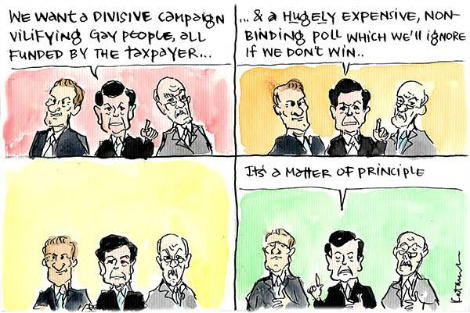
CARTOON
- Fiona Katauskas
- 14 September 2016
5 Comments
This week's offering from Eureka Street's award winning political cartoonist.
READ MORE 
-
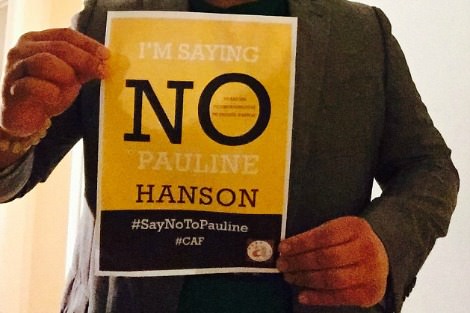
AUSTRALIA
- Tseen Khoo
- 07 September 2016
3 Comments
The Chinese Australian Forum witnessed the traction that One Nation had regained, and the re-emergence of Pauline Hanson as senator. This spurred them to mobilise against the rising prevalence of racist hate-speech against Muslim communities. Informed by previous experiences of One Nation coming to prominence in the 1990s, the CFA launched a #saynotoPauline campaign. It is one example of inter-community collaboration that is crucial in building momentum for broader anti-racist activity.
READ MORE 
-
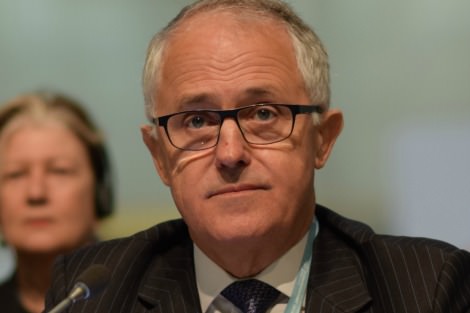
RELIGION
- Frank Brennan
- 06 September 2016
23 Comments
Once Turnbull went to the election with a commitment not to legislate for same sex marriage except after the conduct of a successful plebiscite, it was inevitable that the only way forward to resolving the issue during the life of this parliament would be by enacting legislation to authorise a plebiscite. A conscience vote during the life of this parliament, and without a plebiscite, would leave the opponents of same sex marriage rightly feeling that the government had breached an election commitment.
READ MORE 
-
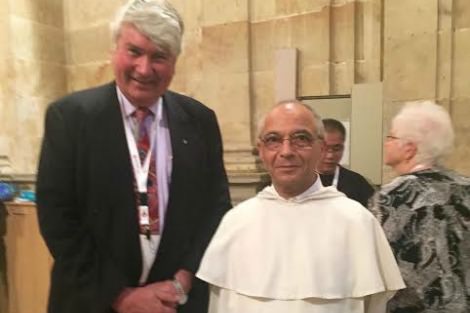
INTERNATIONAL
- Frank Brennan
- 05 September 2016
1 Comment
'I am a Jesuit amongst Dominicans contemplating the Church's view of human rights. I am a human rights practitioner rather than a theologian, aware that human rights discourse is increasingly more universal and secular. Contemplating, preaching and enacting human rights in the 21st Century Church and World, I come asking two questions.' Frank Brennan's keynote presentation in Salamanca Spain to the International Congress of Dominicans in the Promotion and Defence of Human Rights: Past, Present, Future on the occasion of their 800th anniversary.
READ MORE
-
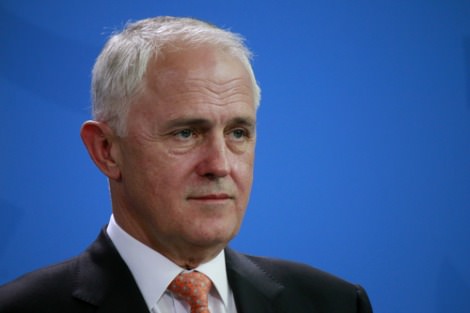
AUSTRALIA
- Fatima Measham
- 04 May 2016
3 Comments
In democracies, public sentiment is meant to be taken seriously. Describing something as populist is a refusal to engage with the sentiment, including its source and complications, usually because we find it disagreeable. The subtext is: people are wrong about the things they care about. They are not being rational or realistic. It is a brave thing to say these days about support for a royal commission into banks, or softening public attitudes toward detention-bound children.
READ MORE 
-

AUSTRALIA
- Fatima Measham
- 14 March 2016
10 Comments
The debate over the Coalition's proposed senate voting reforms has highlighted the inter-party brokering that brings candidates into office. Yet if representative democracy were predicated on transparency, then another area deserves scrutiny: preselection. The mechanism for choosing party representatives clearly relies on powerful backers - politics - rather than merit. That is an obvious thing to say. But it carries repercussions for governance with which we have yet to grapple.
READ MORE 
-
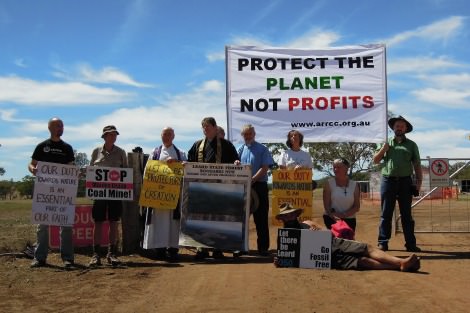
AUSTRALIA
- Fatima Measham
- 18 February 2016
5 Comments
The formative experiences of Australian early boomers include unprecedented access to university education and health care, immersion in feminist discourse, Aboriginal land rights campaigns, environmental activism, LGBT movements and pacifism. Quite remarkably, it mirrors some of the elements that engage millennials. While in some ways anti-boomer sentiment seems well placed, what it misses is that on social issues a 21-year-old might have more in common with a 61-year-old than a 71-year-old.
READ MORE 
-

RELIGION
- Michael McVeigh
- 07 December 2015
45 Comments
At the moment, the conversation on marriage equality vs traditional marriage is being driven by extremists on both sides, people who see the struggle as a polarised conflict with the goal of overwhelming victory. But most of us would find that victory unattractive no matter which side is triumphant. Instead, we can choose not to press the button, and to work together to allow both same-sex couples and practising Christians to live their beliefs faithfully, to the fullest of their flourishing.
READ MORE 
-

AUSTRALIA
- Andrew Hamilton
- 05 November 2015
10 Comments
What are spectators to make of Adam Goodes' challenge to racial prejudice? What are they to make of David Pocock's outspoken defence of the environment and criticism of coal mining, or of his and his partner's refusal to marry in solidarity with LBGT couples? They make space for us to reflect on our own response to large human questions. But that space also invites us to judge our own integrity. The opprobrium such role models meet may arise out of discomfort with unwelcome self-questioning.
READ MORE 
-
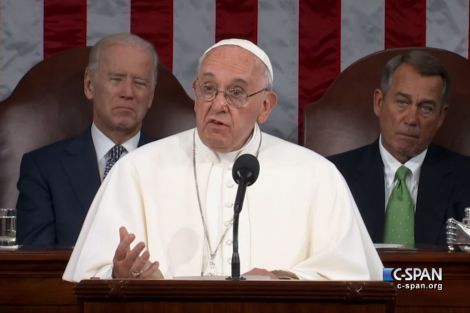
INTERNATIONAL
- Fatima Measham
- 30 September 2015
28 Comments
The only people who regard Francis as radical are those who think popes should only attend to matters of personal conscience. Topics such as abortion and same-sex marriage are safe zones for comment because they don't concern the economic order, or threaten systems that generate wealth for the few. But Francis has smudged the line between faith and economics in a way that many conservatives find inconvenient.
READ MORE 
-

AUSTRALIA
- Frank Brennan
- 12 August 2015
142 Comments
I readily accept that the Commonwealth Parliament will legislate for same sex marriage in the foreseeable future. When Parliament does, I will be fully accepting of that decision. If asked by politicians how they should exercise their conscience vote, there is no way that I would say that they should not support civil recognition of same sex marriage. But neither would I say that they must support it NOW. If I were a member of parliament, I would want four assurances before I voted for same sex marriage.
READ MORE 
-

EUREKA STREET TV
- Peter Kirkwood
- 08 July 2015
7 Comments
Journalist Michael O'Loughlin is national reporter for Crux, the Boston Globe's regular supplement on Catholic Church issues. His book The Tweetable Pope: A Spiritual Revolution in 140 Characters, to be published in September. In this video interview, he analyses the US Bishops' response to the recent US Supreme Court ruling on same sex marriage.
READ MORE 